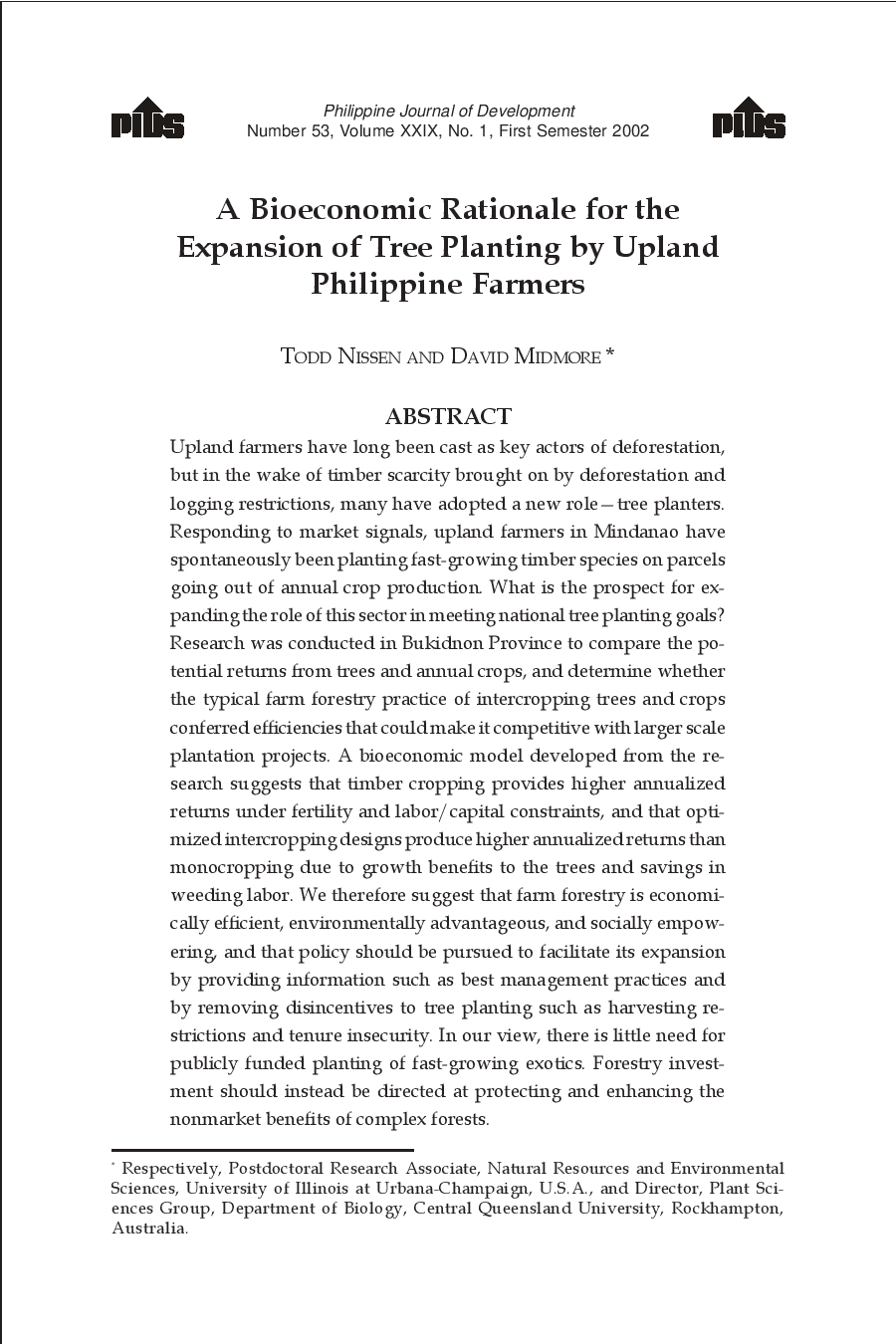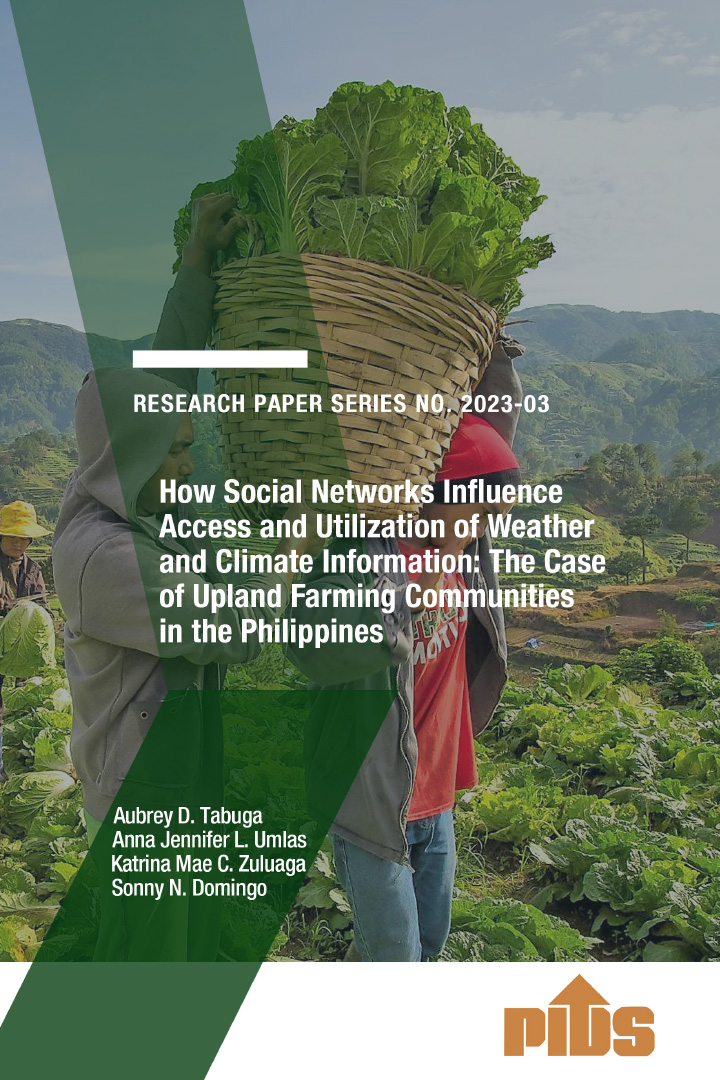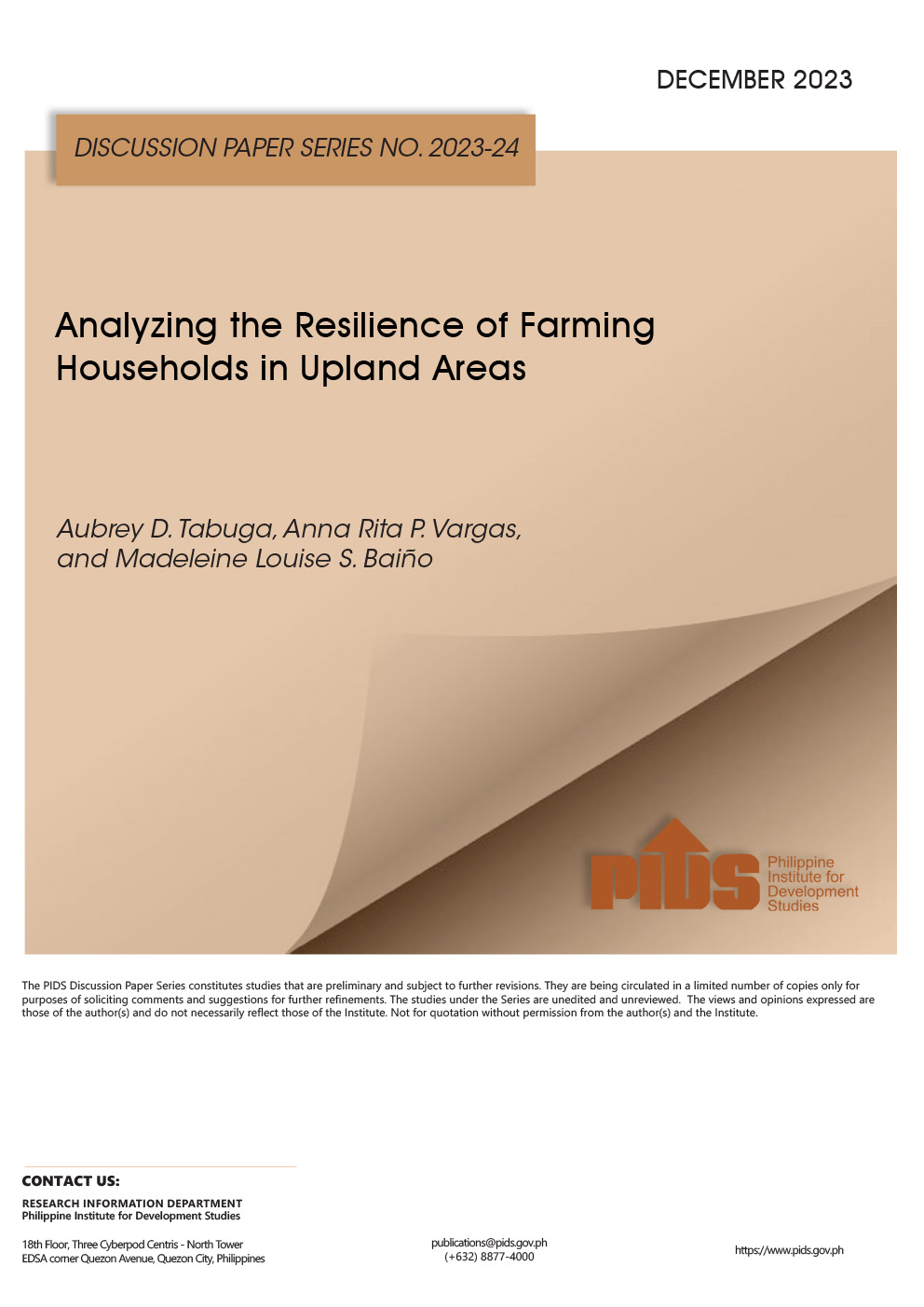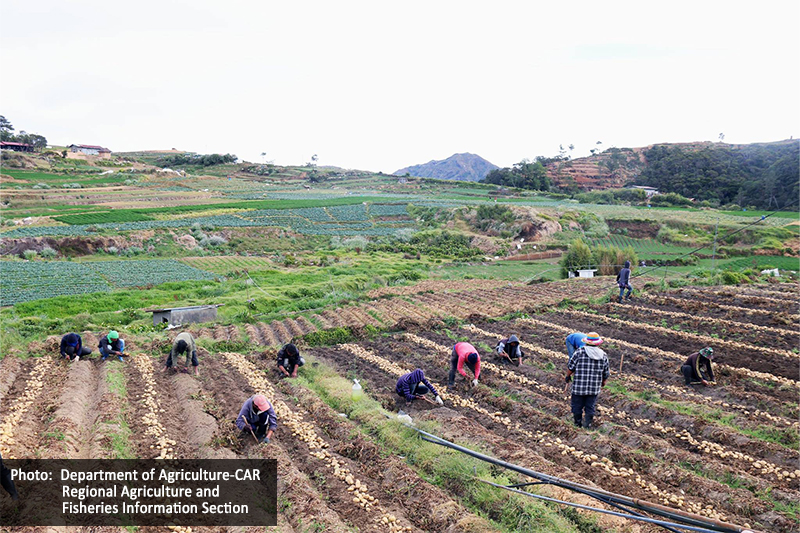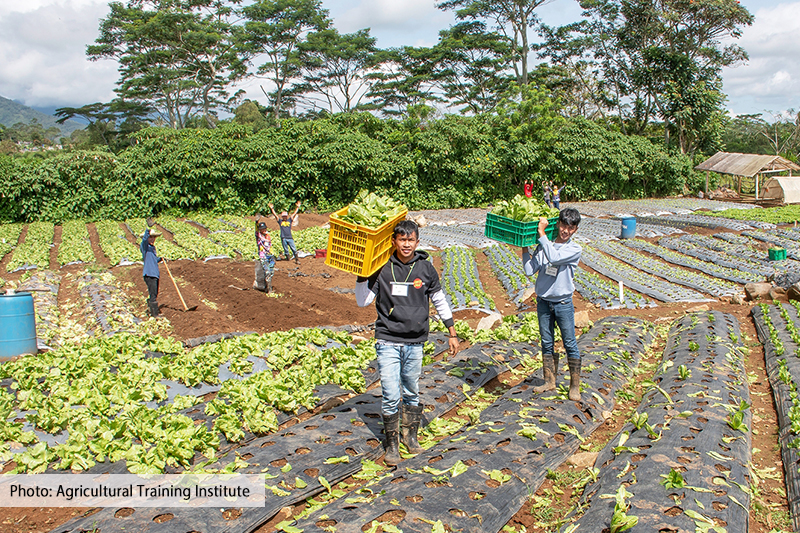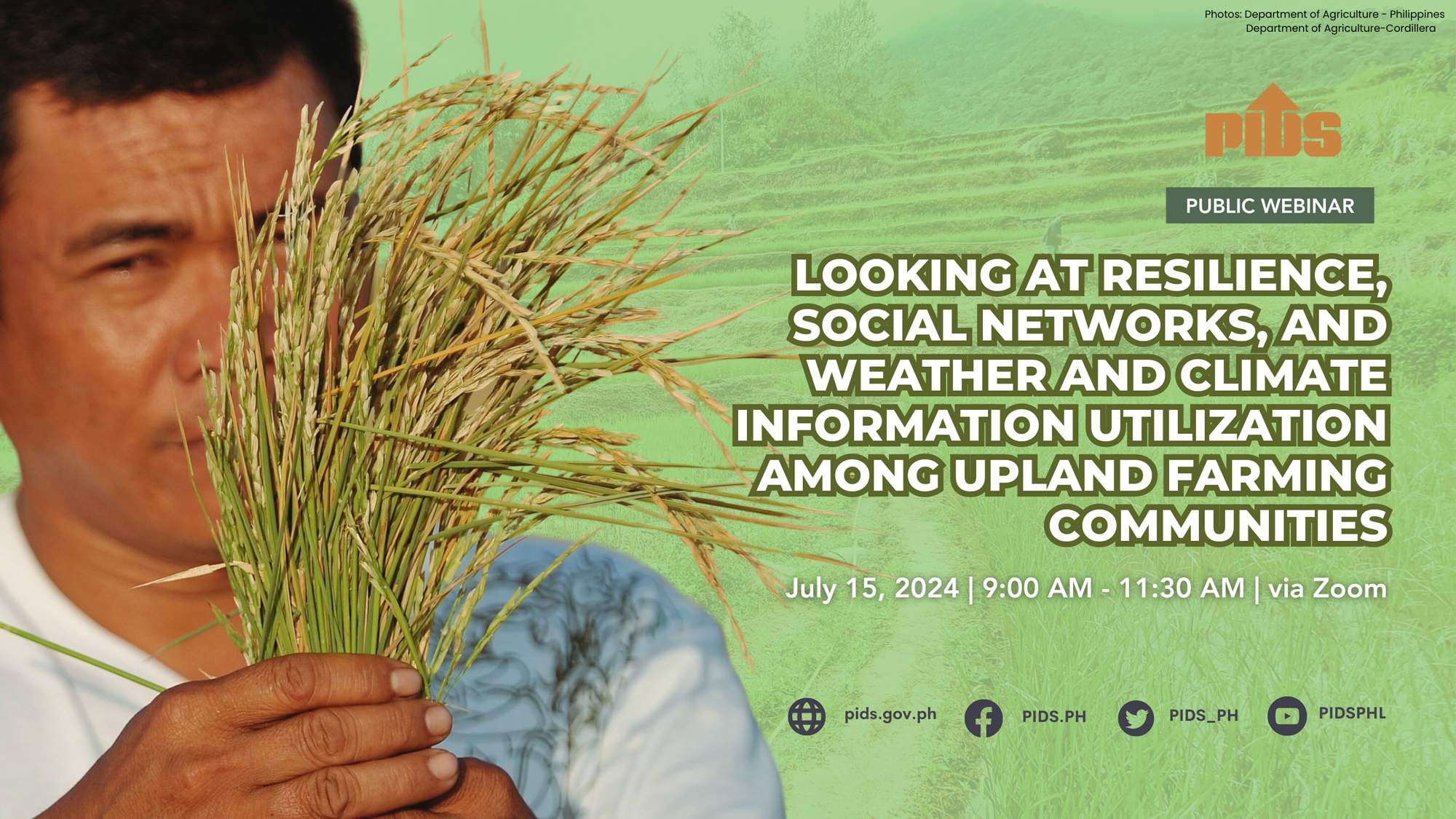Upland farmers have long been cast as key actors of deforestation, but in the wake of timber scarcity brought on by deforestation and logging restrictions, many have adopted a new role--tree planters. Responding to market signals, upland farmers in Mindanao have spontaneously been planting fast-growing timber species on parcels going out of annual crop production. Research was conducted in Bukidnon province to compare the potential returns from trees and annual crops, and determine whether the typical farm forestry practice of intercropping trees and crops conferred efficiencies that could make it competitive with larger scale plantation projects. A bioeconomic model was developed from the research. The paper suggests that farm forestry is economically efficient, environmentally advantageous, and socially empowering, and that policy should be pursued to facilitate its expansion by providing information such as best management practices and by removing disincentives to tree planting such as harvesting restrictions and tenure insecurity. It also suggests that forestry investment should be directed at protecting and enhancing the nonmarket benefits of complex forests.

